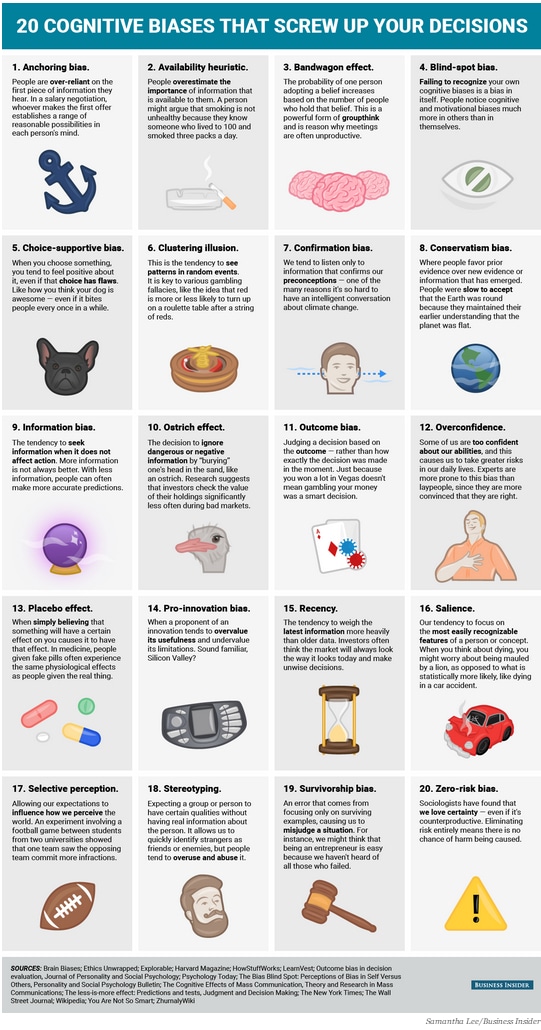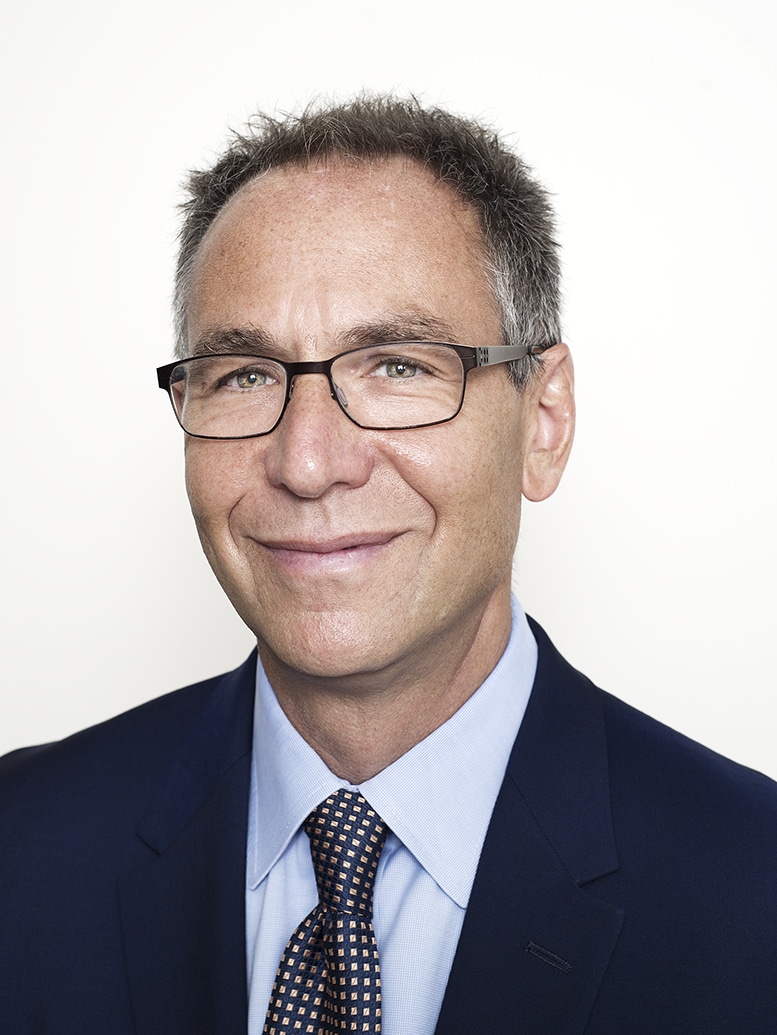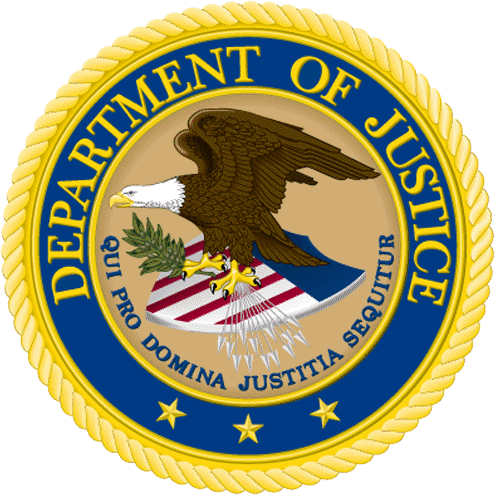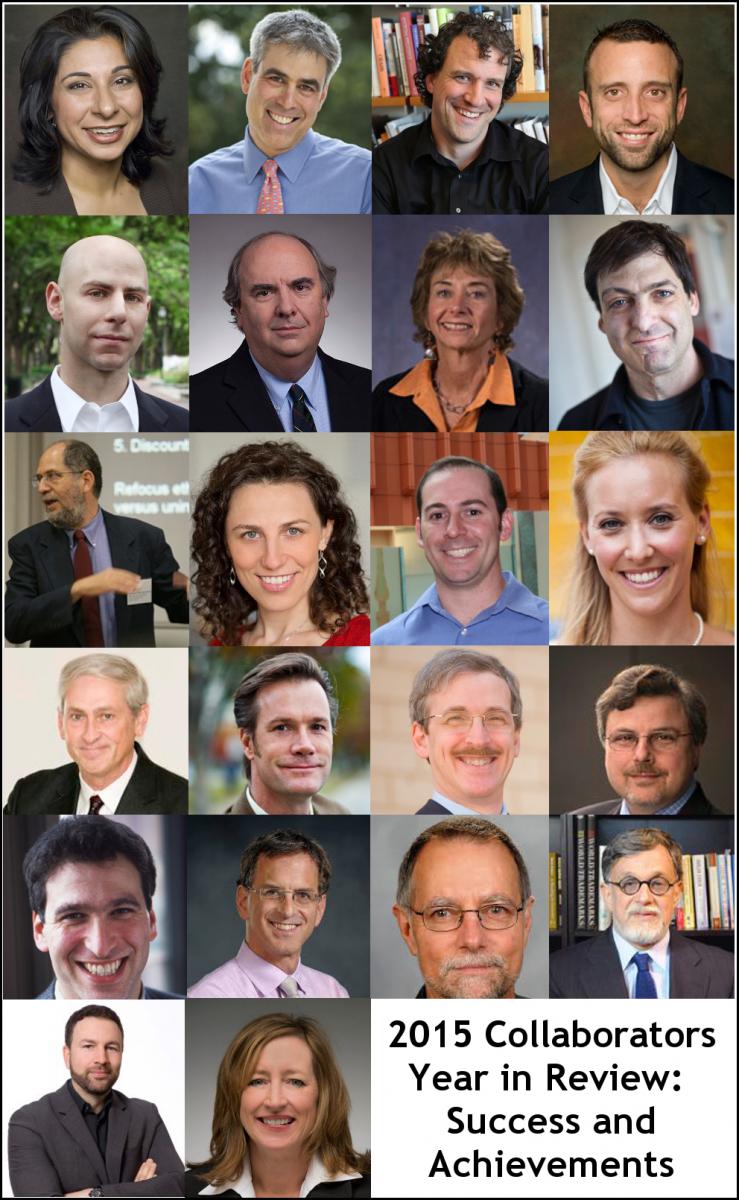About Jeremy Willinger
Entries by Jeremy Willinger
Earthquakes and Shaky Ethics: The Perils of Construction Corruption
 A study in Nature shows that our planet has a lot to teach us about business ethics. While we know that ethics pays, what is also now clear is that the absence of ethics can kill.
A study in Nature shows that our planet has a lot to teach us about business ethics. While we know that ethics pays, what is also now clear is that the absence of ethics can kill.
Nicholas Ambraseys of the Department of Civil and Environmental Engineering, Imperial College London and Roger Bilham from the Cooperative Institute for Research in Environmental Sciences and the Department of Geological Sciences at the University of Colorado, Boulder compared deaths from earthquakes and found that “83% of all deaths from building collapse in earthquakes over the past 30 years occurred in countries that are anomalously corrupt.” This is all the more staggering when you consider that the researchers removed any contributing factors, such as poor building materials, from their analysis.
The construction industry is an industry both highly valued and highly susceptible to corruption. Governments, regulators, businesses and workers all have a vested interest in reducing and eliminating bribery and other practices that put people at risk. Without a systemic approach to reducing corruption and improving ethics, it won’t just be buildings that crumble; trust, stability and the long-term viability of a governmental body also risk imminent collapse.
Biases and Decision Making
 From the things we say to the actions we take each day, our world- and that of business- is comprised of thousands of decisions, both big and small. How we come to make those decisions is the result of intuition and analysis and, in most cases, influenced by biases that we may or may not be aware of.
From the things we say to the actions we take each day, our world- and that of business- is comprised of thousands of decisions, both big and small. How we come to make those decisions is the result of intuition and analysis and, in most cases, influenced by biases that we may or may not be aware of.
We know about blind spots in decision making, mostly because of the work of ES collaborators Max Bazerman and Ann Tenbrunsel. A recent graph published in Business Insider: Australia, and included below, depicts additional biases that all would be wise to learn and attempt to obviate when analyzing ideas and programs.
Did You Get the Memo? Confronting Corporate Wrongdoing
 After the financial crisis of 2008 and the current, ongoing instances of large fines levied against banks and other financial companies, many people continually bemoan why penalties have not also included jail time and prosecution of executives who have behaved unethically. The message has finally reached the highest levels of government and change is on the horizon.
After the financial crisis of 2008 and the current, ongoing instances of large fines levied against banks and other financial companies, many people continually bemoan why penalties have not also included jail time and prosecution of executives who have behaved unethically. The message has finally reached the highest levels of government and change is on the horizon.
In a speech at NYU Law last week, hosted by the school’s Program on Corporate Compliance and Enforcement, Deputy Attorney General Sally Quillian Yates presented the memo covering a new Department of Justice initiative designed to fight corporate fraud and other misconduct by going after individuals who perpetrated the wrongdoing. In addition to punitive actions against an organization (what many see as a macro-level punishment that does little to deter misconduct on the micro, or personal, level), the DOJ will now turn its considerable resources to affecting change at the source, i.e. those that engage in personal malfeasance under the guise of doing their job.
Corruption, Trends and Predictions: An Interview with Richard Bistrong, Part 2
 Part two of our interview with Richard Bistrong, CEO of Front-Line Anti-Bribery LLC [read part 1]
Part two of our interview with Richard Bistrong, CEO of Front-Line Anti-Bribery LLC [read part 1]
How has corruption changed since you were prosecuted? Could someone get away with the same behavior now?
The FBI has tripled its investigatory resources, and the real teeth of international law enforcement cooperation, which I experienced as a covert cooperator in the US and UK, has significantly increased, becoming more sophisticated over the last 5 years, as we have seen in a number of global investigations.
My own getting caught should be a cautionary tale for others.
Bribery and Behaviors from the Front-Lines: An Interview with Richard Bistrong, Part 1
 Part one of our interview with Richard Bistrong, CEO of Front-Line Anti-Bribery LLC
Part one of our interview with Richard Bistrong, CEO of Front-Line Anti-Bribery LLC
What was your experience like after your release from prison?
After my release, as I took a deep dive into the compliance community, I saw a very rich field of well-resourced and well-experienced practitioners from the legal, audit and investigatory communities. Accordingly, I saw a robust compliance discourse and debate among well-experienced professionals.
But I noticed something missing from the discussion: a front line perspective of what it is like to work in the field of international business- particularly in low integrity regions- and to confront corruption while at the same time being tasked with business growth.
Navigating the Amazon: Workplace Culture and Ethics
 While talk in August can normally drift to Labor Day vacation plans and how to brew the perfect pitcher of iced tea, a different sort of discussion began to surface in offices (and backyards) across America: that of workplace culture and the different extremes that workers at Amazon report as the norm.
While talk in August can normally drift to Labor Day vacation plans and how to brew the perfect pitcher of iced tea, a different sort of discussion began to surface in offices (and backyards) across America: that of workplace culture and the different extremes that workers at Amazon report as the norm.
The New York Times article that started it all, “Wrestling Big Ideas in a Grueling Workplace,” provided an eye-opening look into the management practices, feedback loops and performance measurement metrics at Amazon, eliciting both accolades and acrimony from current and former employees. After much debate, the dust settled at a realization that the intensity is both a blessing and a curse and tailored for only certain kinds of personalities. An overarching theme was that burnout is common and, to a certain extent, expected.
A Dream Remit For the New DOJ Compliance Counsel
 Designing ethical systems is about having the right policies and programs in place- as well as the right people. Recently, the Department of Justice took a needed step forward by retaining a new full-time expert in compliance programs for their prosecution team. ES collaborator Jeffrey Kaplan, of Kaplan & Walker, LLP explains in a new Conflicts of Interest blog entry, cross posted below, how the new hire will allow the government to advance not only their understanding of how to strengthen and evaluate organizational compliance programs, but how the DOJ can leverage this position to put forth an agenda that highlights positive actions in the field.
Designing ethical systems is about having the right policies and programs in place- as well as the right people. Recently, the Department of Justice took a needed step forward by retaining a new full-time expert in compliance programs for their prosecution team. ES collaborator Jeffrey Kaplan, of Kaplan & Walker, LLP explains in a new Conflicts of Interest blog entry, cross posted below, how the new hire will allow the government to advance not only their understanding of how to strengthen and evaluate organizational compliance programs, but how the DOJ can leverage this position to put forth an agenda that highlights positive actions in the field.
Framing the Language of Business
 Framing is not just how you present a painting. Framing helps to communicate the type of art, it complements subject matter, and it influences how the viewer perceives the image. Framing also matters when it comes to business, and the language we use can deeply affect both the rules we follow and those we are willing to break.
Framing is not just how you present a painting. Framing helps to communicate the type of art, it complements subject matter, and it influences how the viewer perceives the image. Framing also matters when it comes to business, and the language we use can deeply affect both the rules we follow and those we are willing to break.
While business has its own lexicon, a new piece in Ethisphere by Scott Killingsworth, Senior Counsel with Bryan Cave LLP in Atlanta, illustrates that when we couch the business of business in terms of war and gamification, we prime the pump for pernicious results.
Meet Azish Filabi, our new CEO
To Our Community,
 We are proud to introduce Azish Filabi, our new CEO.
We are proud to introduce Azish Filabi, our new CEO.
After a comprehensive search over several months, we identified several potential candidates to take over the helm of our organization. However, one stood out above all others and we are thrilled that she has come on board.
Support Our Work
Contact us
Ethical Systems
NYU Stern School of Business
44 West 4th Street KMC7-150
New York, NY 10012
Join our email list

